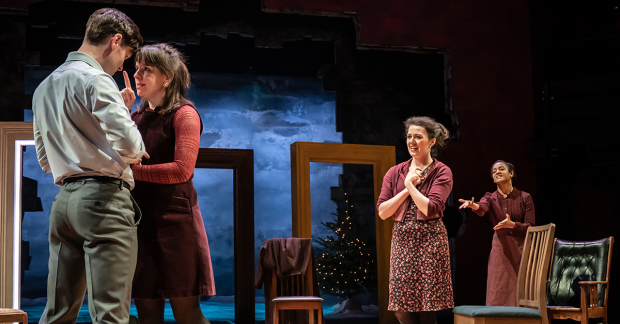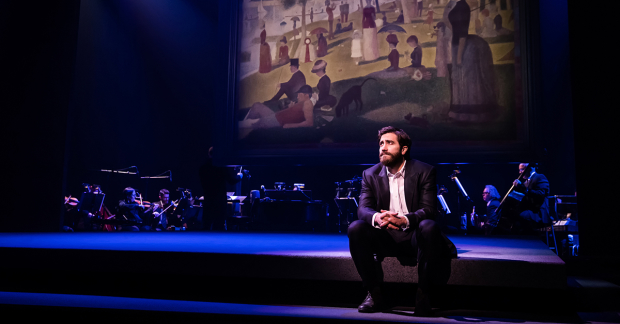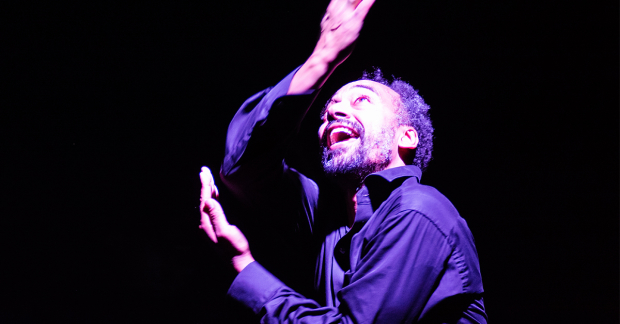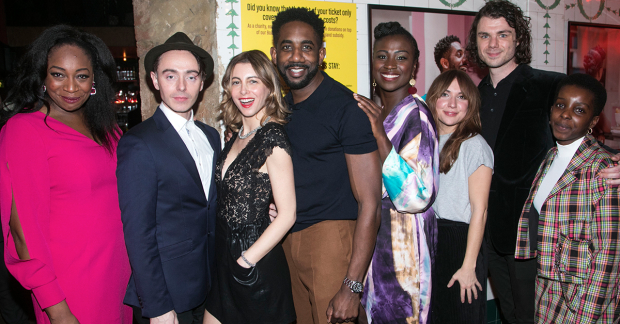Review: Nora – A Doll's House (Young Vic)

© Marc Brenner
Silhouetted between empty doorframes, three women stand silent. For a moment, they seem to brace themselves. All three are Nora Helmer, each 50 years apart: one in 1918, just after the end of the First World War and just as women were allowed to vote, one in 1968, right in the thick of the supposed "sexual revolution", and one in 2018, with the prevailing effects of government austerity hanging ghostly over everything.
Stef Smith's potently distilled adaptation of Ibsen's A Doll's House, initially commissioned for Glasgow's Citizens Theatre in 2019, is a gutsy canonical challenge. Smith pushes at the structural confines of Ibsen's three-act play, preferring a more porous, lateral approach. Ibsen's story remains, for the most part, the same, but the three Noras swap in and out of it – usually one taking the lead at a time with the others as echoes: her actions and words reverberating and rippling into the other timelines, aided by EJ Boyle's beautifully sensitive, echoing movement direction.
There is such an appealing sense of confidence to Nora – in its shifts from heady lyricism to crisp naturalism; from 1918 to 1968 to 2018 and back again; things changing incrementally, enormously, and not at all. Time ostensibly keeps pushing forward, inexorable and overwhelming, and yet each Nora remains stuck on Tom Piper's sparse design which reaches for the faintest whiff of homeliness (a skeletal swing hangs empty in the background as the unseen Helmer children play by a frozen river), but which is characterised mainly by swathes of empty space. Not that the alternative is any more comforting – at the back of the stage, three jagged, blue-black holes in the wall burrow their way to an unseen and unknown outside world.
The three Noras feel like three distinct panes in a single stained-glass window. 1918's, played by Amaka Okafor, has a steely dignity, 1968's, played by Natalie Klamar, is tremulous and flighty, and 2018's is played by Anna Russell-Martin with wiry tenacity. While the writing of the 1918 and 1968 Noras can feel a touch over-emphatic (declarative statements about women's suffrage and the advent of contraception feel more distracting than helpful), it is the 2018 strand which stuns. Russell-Martin scalds the ground she walks on – a Nora beset and run ragged by constant financial precarity and with a husband who tips the line from patronisingly overbearing into flat-out abusive. Here lies Smith's trump card – a precise excavation of the ways in which patriarchy and capitalism intersect.
For all that I appreciate Nora, I feel at arms-length from it. At its best, it is orchestral and irresistible; a whirling rush of fury. But Elizabeth Freestone's direction, though fleet-footed and fluid, often sags where it should feel taut. It is an admirable piece of work, one delivered with full-blooded conviction – but which never fully coalesces.
















